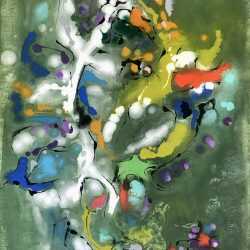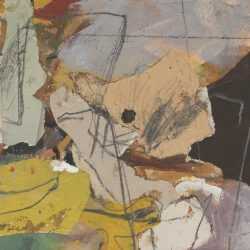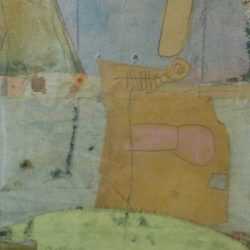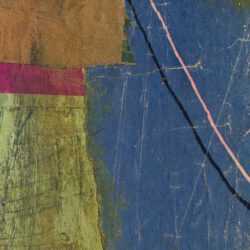Filter by Type
Filter by Category
Filter by Size
Filter by Year
Exhibitions
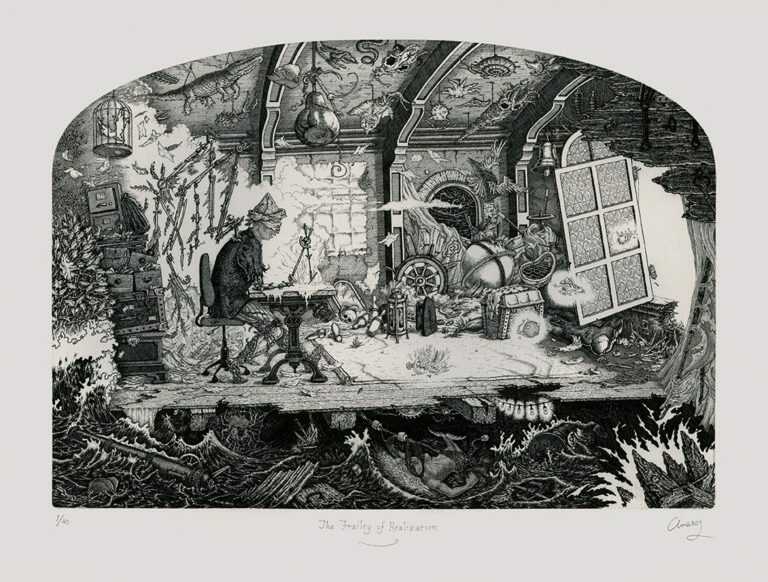
David Avery: Macabre Minutiae
Press Release:
Revisiting the works of Old Masters with the intricate detailing of a contemporary sardonic eye, David Avery's etchings are witty updates of classic motifs. Macabre Minutiae presents prints from the artist's multi-decade career, exploring the foibles and follies of the modern world through the complex and endless possibilities of the etching medium.
Working out of his studio in San Francisco, Avery eschews color and exclusively produces etchings in traditional black and white, finding the tonalities of this sparse palette most suitable for the psychological mood of his artwork. Avery trained as a classical musician, and only discovered etching by accident in a class at a local community college. After learning the basic techniques, he set forth exploring the medium on his own and is essentially self-taught.
Within Avery's works are elements of both the past and present, referencing master etchers and engravers of the past 400 years and their literary counterparts, alongside contemporary iconography. Avery thus creates pieces that bridge old and new – prints that look akin to something from the studios of Goltzius or Dürer but comment upon our modern concerns. Often working in miniature format, his etchings are skillfully packed with people, monsters, skeletons, and various objects bursting into the image's margins through chaotic energy. These invented worlds are darkly humorous and so full of ambiguous minutiae, as to invite multiple interpretations from the audience beyond anything originally intended by the artist.
While Avery's prints have previously been included in many group shows at Childs, Macabre Minutiae represents his first solo exhibition with the gallery. His work has been in over 200 competitive and invitational exhibits, garnering several awards, and he is included in the collections of the Library of Congress, the Fogg Museum at Harvard University, the New York Public Library, the Achenbach Foundation for the Graphic Arts, and the Stanford University Library among others. Additionally, his work has been noted in publications such as The New York Times, The Boston Globe, and The Washington Post. Avery is a member of the Boston Printmakers, an international, professional print alliance based in Boston; this exhibition is held in conjunction with the association's 75th anniversary.
David Avery: Macabre Minutiae is on view in our upstairs print department, October 5 through December 9, 2023. An opening reception with the artist will be held Thursday, October 5, 6-8pm.
Included Works
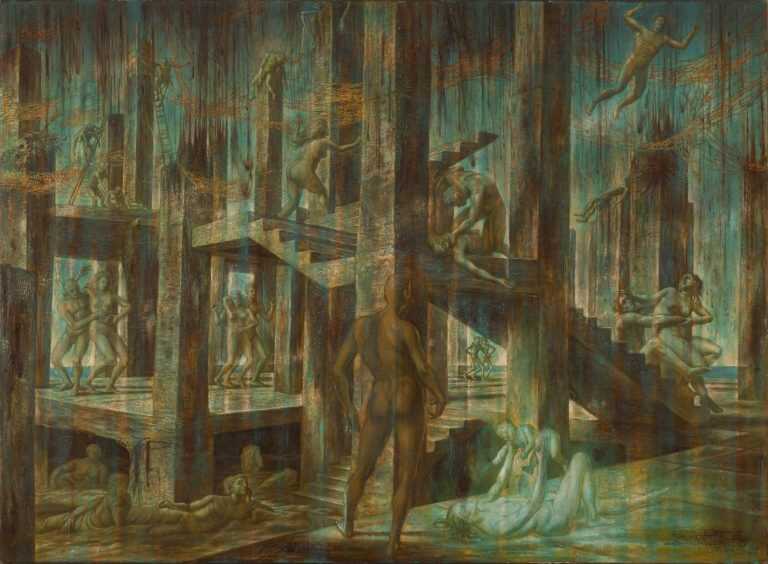
Edward Laning and the Fourteenth Street School
Press Release:
In the 1920s and 30s, New York's Fourteenth Street in Lower Manhattan became a hub of commercial activity, with cinemas, restaurants, and stores catering to a middle and working-class clientele. A group of artists, motivated by the legacy of the Ashcan School's embrace of populist urban life, established studios in the area and began to create works inspired by the throng that would daily inundate Fourteenth Street.
Among these artists was Edward Laning, a midwestern transplant with a studio at 145 West Fourteenth Street and later 12 East Seventeenth. Laning was born in Petersburg, Illinois, and attended the Art Institute of Chicago and the University of Chicago before coming to the Art Students League in New York. Though he initially rejected the conservative instruction received there, he later realized its value and would continue to adhere to many of its tenets throughout his career. Laning, like other artists of the Fourteenth Street School, depicted the lively spectacles of the 'poor man's Fifth Avenue' in his work – the residents, visitors, and vagrants populating the area giving artists a plethora of subjects from which to draw inspiration. Laning, however, did not shy away from difficult subjects as did many of his contemporaries – rather, his paintings explored the less-than-ideal circumstances of daily life for many area denizens. Through his work Laning openly expressed his disenchantment with the uncertainties of post-Depression America. Later, his paintings would take on increasingly surrealistic tones, and fire became a recurring symbol of impending societal doom.
Of crucial importance to Laning and other artists of the Fourteenth Street School was the tutelage of Kenneth Hayes Miller, an artist and teacher working at the Art Students League, whose classically focused pedagogy provided the group's theoretical and technical underpinning. Espousing a recovery of traditional techniques, Miller would use numerous glazes and underpainting to build up images that imparted a sense of classical order to his frenzied urban subjects.
Along with Laning, other Miller acolytes forming the core of the Fourteenth Street School were Isabel Bishop and Reginald Marsh. In addition, the brothers Raphael, Moses, and Isaac Soyer's emphasis on the downtrodden working class of the Depression era, along with their location on Fourteenth Street in the 1930s, cemented their position as part of the group. Jack Henderson, a longtime collaborator of Laning's and artist at 30 East Fourteenth, was also counted as a member.
Among his many students, Bishop was one of Miller's most faithful adherents; his influence is visible in her technical and compositional method, the sculptural execution of her figures, as well as her choice of subject matter. Both Laning and Reginald Marsh departed from Miller's more affirmative view of urban life and paid greater emphasis to the complex realities brought about by the vast economic disparities of the Great Depression.
In addition to Laning, Miller, Bishop, Marsh, Henderson, and the Soyers, this exhibition includes works by other artists associated with the Fourteenth Street School, such as Peggy Bacon, Alexander Brook, Don Freeman, and Molly Luce. Also included are pieces by George Bellows and John Sloan, members of the Ashcan School and forebearers of the Fourteenth Street School's ideology.
Edward Laning and the Fourteenth Street School is on view at Childs Gallery September 21 through November 11, 2023. The exhibition is in collaboration with Susan Teller Gallery of New York. A discussion with Teller regarding the Fourteenth Street School will be held at a later date, to be announced.
Included Works
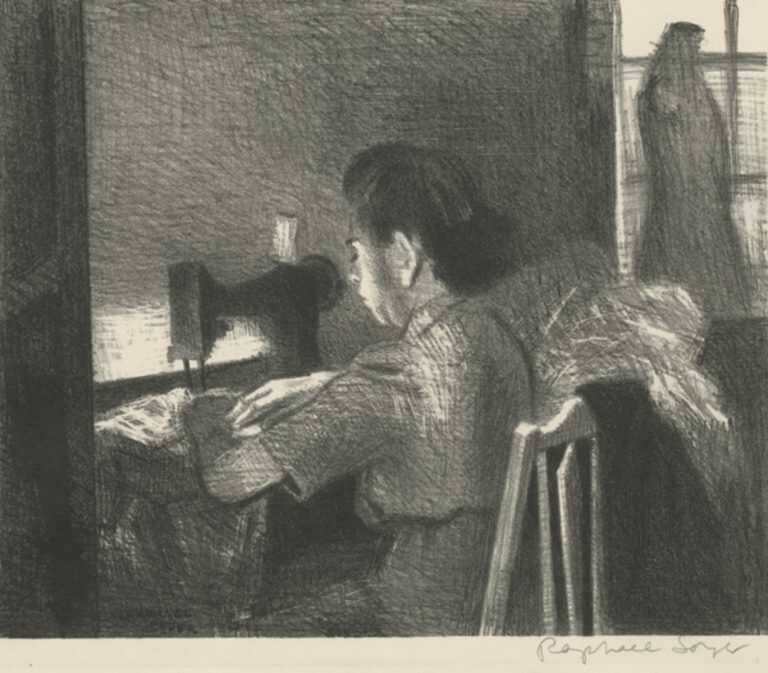
On the Job: Occupations in Print
Press Release:
On the Job presents prints featuring men and women at work, pulled from Childs Gallery's extensive inventory of etchings, engravings, lithographs, mezzotints, and more. Through these printed media, the exhibition explores various occupations such as construction workers, dancers, professional athletes, shopkeepers, farmers, and vintners, in works dating from the 17th century to today.
In charting over 400 years of occupations, On the Job documents a changing workforce, from agrarian pursuits to industrial jobs to women entering the labor pool. Highlights include Rembrandt's 1639 etching and drypoint Jan Uytenbogaert, The Goldweigher, portraying a noted Dutch tax collector in his office; social realists such as Louis Lozowick and Harry Sternberg recording the rapid urbanization of America in the early 20th century; Whistler's charming depiction of a bustling fish shop in Chelsea, London; and Otto Bacher's detailed etching of bead stringers working along the canals of Venice.
On the Job: Occupations in Print is on view in the Childs Gallery Print Department August 3 through September 20, 2023.
Included Works
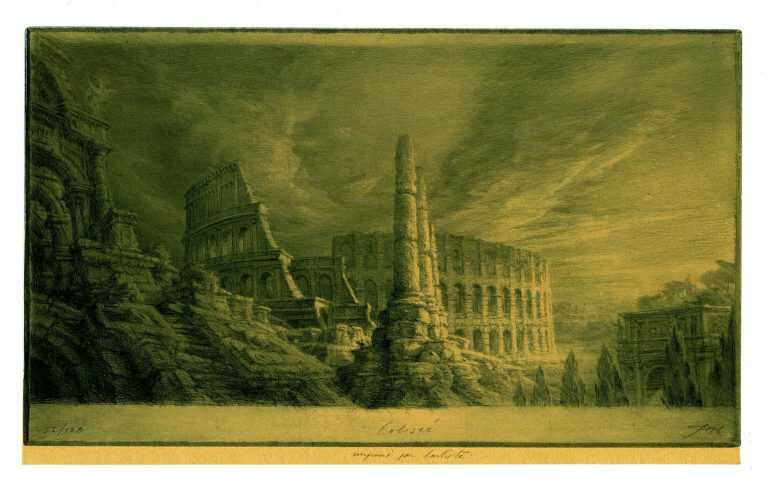
Ruins: Online Exhibition
Press Release:
Childs Gallery is pleased to present Ruins, our newest online exclusive exhibition assembled from our extensive inventory.
The remnants of the ancient Greco-Roman world captivated and inspired Western artists for centuries. In the newly emergent humanist culture of the Renaissance, the depiction of classical ruins took on an ethical and civic impetus as scholars and artists sought to reclaim the wisdom and lost knowledge of antiquity. Besides inspiring the aesthetic innovations that would germinate the Renaissance, these ruins provided a firm rooting for the development of European art and architecture for centuries to come.
Outside of this humanist context, ancient ruins also afforded the imaginative space for romanticist ruminations on both the awe-inspiring greatness as well as the vanities of long vanished civilizations. In this exhibition we present a selection of works that span from the early 18th century hyper-detailed etchings of Giovanni Battista Piranesi to the abstract and gestural monotypes of the 20th century artist Marion Huse. Including the work of Paul Parker, Joseph Pennell, Anita Willets-Burnham, and many others, we invite you to step back in time and enjoy our online exclusive exhibition.
Included Works
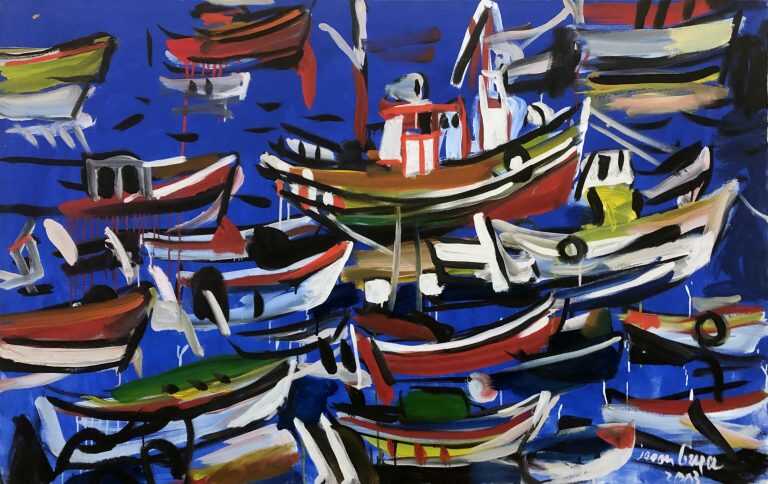
Portuguese Summer: Paintings by Jason Berger
Press Release:
Boston Expressionist painter Jason Berger began visiting Portugal in the early half of the 1970s and would return for a part of almost every summer for the next twenty years, before moving there permanently in 1994. Berger painted mostly in the Algarve, Portugal's southernmost region known for its beautiful beaches and sparkling water, yet he eschewed these scenes in favor of others he considered more visually and intellectually interesting – buildings, trees, streets, boats – anything that would produce an expressive landscape. Portuguese Summer celebrates the artist's love of the country, and his uncanny ability to encapsulate its vibrant hues and atmosphere on canvas. Works in the exhibition span four decades, detailing Berger's summer sojourns and eventual residency in his adopted homeland and longtime muse, Portugal.
Berger first visited Portugal with his then wife, artist Marilyn Powers, in the early 1970s. The artist recalled, "We spent a month in Faro and a month in Portimão… I was very happy with the motifs I found there, and Portugal certainly affected my painting style." After Powers tragically passed from breast cancer in 1976, Berger returned to Portugal the next summer on a painting excursion with his son and a former student, staying in the small fishing village of Ferragudo. On this trip he met Estela Couto, who would become his second wife in 1978. Subsequent summers were spent on property owned by Estela's family – her mother's house in Carvoeiro and her grandmother's house in Lagoa. Berger remained in Portugal even after Estela's death in 1997, later marrying artist Leena Rekola in 1999. The couple lived and painted together in Portugal for nearly a decade, only moving back to the United States in 2008 due to Jason's poor health.
Berger's summers abroad were a prolific time for the artist. He worked en plein air in Portugal, rising early between 5 and 8 o'clock in the morning before heading out to spend an entire morning, day, or several days on one painting. He worked on motifs, painting the same scene - a garden, boatyard, café, whatever else - multiple times, exploring different colors and angles. The resulting variations uniquely detail the effects of light and perspective on a singular location, showcasing Berger's particular approach to his environment and landscape painting.
Portuguese Summer visits some of Berger's favorite towns and villages in the Algarve, including Carvoeiro, Estombar, Mexilhoeira, Silves, and Tavira. Berger also painted along the west coast of Portugal in Aveiro, Colares, Parede, and the capitol, Lisbon, where the artist and Estela had an apartment and would meet each July before traveling down to the Algarve coastline.
Of Berger's connection to Portugal, Estela once noted: "He loves to paint in Portugal. For some reason, he feels very comfortable with the landscape here, as well as with the country and the people. He may have some difficulty with language, but he has an association with the people and the country that is fascinating to observe." Portuguese Summer celebrates this love of the land through paintings bursting with the vivid colors of Berger's seaside summers along Portugal's Atlantic coast.
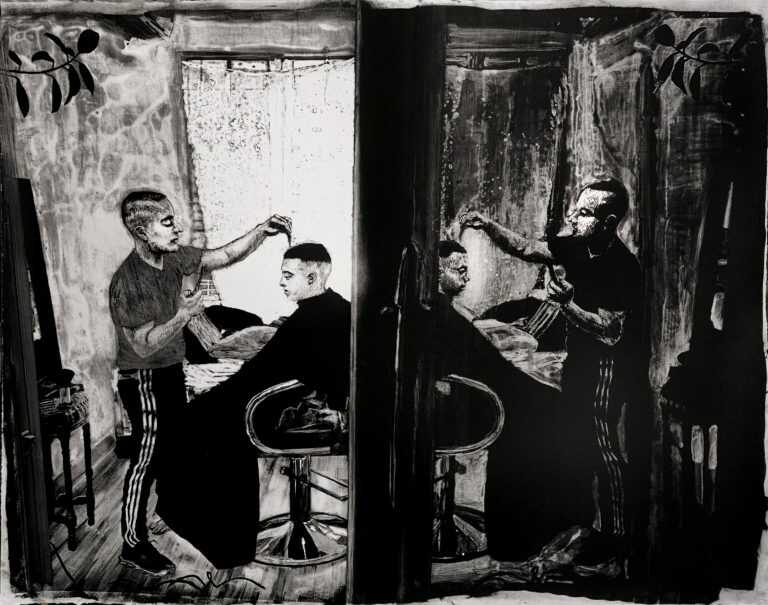
Opal Ecker DeRuvo: Touch and Recognition
Press Release:
Childs Gallery is pleased to present Touch and Recognition, an exhibition of prints and photographs by transfeminine, transdisciplinary artist and collaborative printmaker, Opal Ecker DeRuvo. Showcasing the artist's interest in depicting intimate portraiture, Touch and Recognition examines the lineage of representational image making from the artist's earliest prints to their current photography practice.
Spanning roughly a decade and multiple media, including drypoint, monotype, lithography, aquatint, and kallitype, DeRuvo's work connects printmaking, early photography techniques, and modern technology in a conversation surrounding the use of line and light in portraiture. DeRuvo's early works depict everyday personal scenes in small, intimate prints executed through traditional printmaking media. More recently, they have explored using historic photo-processes, large-scale image transfers, and laser imaging techniques to produce more expansive, black and white artworks.
DeRuvo began printmaking as an apprentice to a master printmaker at the age of 14 and received their BFA in printmaking from the Massachusetts College of Art and Design. For the next six years they worked as a collaborative printmaker at the Center for Contemporary Printmaking in Norwalk, CT. DeRuvo went on to receive their MFA from Yale in the painting and printmaking department, where they began to investigate the origins of photography within the materials and history of printmaking.
DeRuvo is interested in the role of images in the formation of identity. Incorporating fundamental physics of light and the intricacy of our perception, their cross-disciplinary research looks to expand trans representation beyond the ways in which they are seen, and toward new ways of seeing. Their recent practice has sought to connect the materiality of photography with the experiences of trans-embodiment.
DeRuvo's work as a printer has long been on display at Childs Gallery through their collaboration with artist E Lombardo – DeRuvo served as the printer for Lombardo's 2013-2016 series The Caprichos, a queer-feminist re-envisioning of all eighty plates in Francisco Goya's 1799 Los Caprichos. Their own work has since been included in many group shows at Childs, with Touch and Recognition marking their first solo exhibition at the gallery. They have additionally shown at the International Print Center of New York, Jeffrey Deitch Gallery, the Westmoreland Museum of Art, and completed residencies at the Atelier Circulaire in Montreal, Quebec, and the Ateliers im Alten Schlachthof, Sigmaringen, Germany. They recently published a book of etchings with Edition Schwarze Seite in Germany and completed public art commissions at Artspace New Haven and the Massachusetts College of Art and Design. DeRuvo is currently based in Brooklyn, New York.
Touch and Recognition is on view at Childs Gallery June 1 through July 29, 2023. An opening reception with the artist will be held Sunday, June 11, 2-4pm.
Included Works
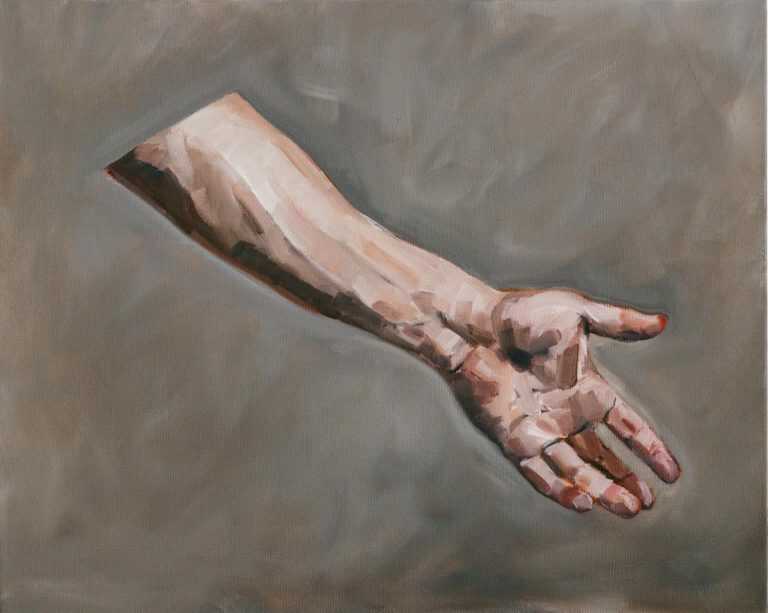
John MacConnell: Fragments
Press Release:
Fragments explores storytelling through the human form in both ancient and modern iterations, revealing fascinating commonalities between the two. Artist John MacConnell sketches and paints Classical sculptures alongside contemporary individuals, linking mythmaking in the Greco-Roman world with our current society.
Using sculptures from the sanctuary at Delphi and the Acropolis in Athens as reference, MacConnell poses his models in the contrapposto forms of Hellenic statues. The figures are then fragmented, as ancient sculptures often are after thousands of years, missing an arm, leg, or even head, as if time and use had worn them away.
Through the framework of these contemporary bodies juxtaposed with ancient sculptures, MacConnell examines the narratives we create about ourselves and others. Much as the stories we know about heroes and statesmen from antiquity are built from bits of information, our online personas are an amalgamation of pieces – curated selections from various social media accounts and dating profiles. MacConnell asks how the people of today will be remembered – what myths about us will develop from our fragmented digital footprint?
In this way, MacConnell's new work in Fragments continues his interest in capturing different aspects of our experiences with social media, both the positive and negative. In particular, MacConnell explores how online communities engender virtual safe spaces for queer people. Such associations are often places for individuals to connect with each other when safe physical space or distance is an issue. Using these online communities, the artist connects and collaborates with people to make his work. His previous series Instant Gratification, Pinch Zoom, Rapid Development, and Pictura in Pictura reference the visual language distinctive to social media and the online world, and address themes of connection, flattery, idolatry, and objectification.
Though inherent to a very modern medium, these ideas are paralleled in ancient statuary - Greek sculpture being particularly infamous for its insistence upon bodily perfection. The Classical period of Greek art developed an aesthetic based upon a set canon of proportions for the human form and the belief in the virtue of beauty – that one's outer looks are intrinsically tied to their inner morals. The Classical portrait thus displayed balance and harmony through idealization and the renouncement of realistic characterization, creating an aspirational visual tool for contemporaneous Greeks, and a representation of the body that continues to be influential to this day, with particular resonance in the gay community.
MacConnell's paintings of Greek art come from photos taken during a 2009 trip, and mostly present works as they appear in museum settings - long removed from their places of origin and context. His images of contemporary models similarly lack identifiable surroundings that would ground them to a specific time or place. The removal of narrative framework leaves much to speculation, urging the creation of stories to fill in the unknowns, to understand who or what is being considered. His fracturing of body parts - noses, ears, genitalia, and more – produce modern ex votos, pieced offerings functioning as representations of one's whole self.
The work in Fragments, from antique statuaries to MacConnell's beautifully drafted modern analogs, adeptly correlates this notion of fiction building across thousands of years. Our understanding of art, myth, and history from antiquity is the result of selective curation, and crafted piecemeal just as much as our social media profiles. As time moves on our online presences grow, weaving stories both of our own making and as yet to-be-determined by future generations.
After appearing in several group exhibitions, Fragments marks MacConnell's first solo show with Childs Gallery. Based in New York, MacConnell received his BFA from the Maryland Institute College of Art in Baltimore and his MFA from the School of Visual Arts in New York City. He has also studied at the Willem de Kooning Académie in Rotterdam.
John MacConnell: Fragments is on view May 18 through July 8, 2023. An opening reception with the artist will be held Friday, May 19, 6 to 8pm.
Included Works
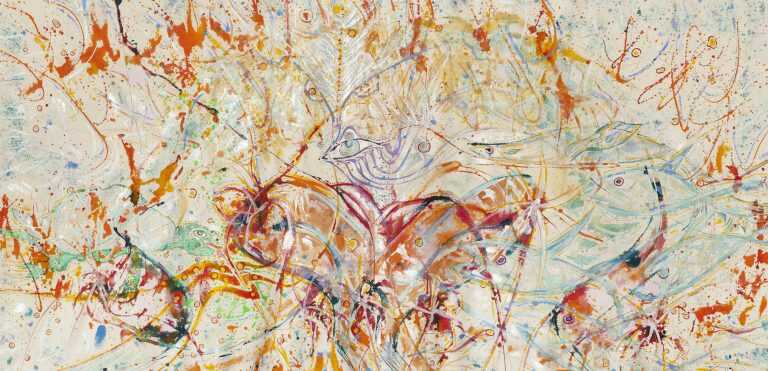
Horror Vacui: When More Is More – Online Exhibition
Press Release:
The term horror vacui (fear of empty space) is used to denote artworks that are maximalist in their use of the available pictorial space. In such works the majority, if not the entirety, of the visual field is filled with details and incidents – often leading to works that have an all over, decorative effect. Originating as a pejorative denotation, Horror Vacui came into usage as Western audiences became increasingly familiar with the visual traditions of non-Wester cultures, in particular the intensely ornate fields pervasive in Islamic art. Gradually, the term was expanded to encompass a wider range of works and artistic styles, and took on a celebratory connotation as the overly sensorial nature can invoke a visceral response, inviting the viewer to linger and savor the visual details.
This online exhibition presents pieces from our collection that, in this lighter vein, celebrate visual excess and repetitive motifs. Including the work of Jan Pietersz Saenredam, Albert Decaris, Leo Meisner, and Lee Essex Doyle, amongst others, these artists invite the viewer to relish in the proliferation of forms.
Included Works
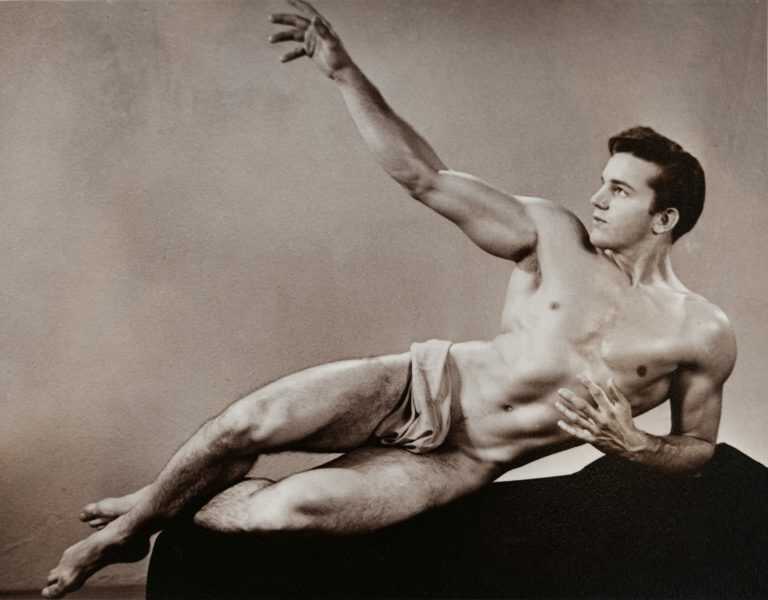
Gaze: A Pictorial History of Physique Photography
Press Release:
Gaze explores the evolution of physique or 'beefcake' photography, from its earliest inception within the bodybuilding community, to ambiguously referential Classical-posed imagery, to its final incarnation as explicitly homoerotic material directly marketed to a burgeoning gay community. Artists featured include luminaries of the genre, such as Gregor Arax (Studio Arax), Bruce Bellas (Bruce of Los Angeles), Alonzo Hanagan (Lon of New York), Bob Mizer (AMG Studios), Al Urban, Don Whitman (Western Photography Guild), and others. These individuals were not only pioneering photographers, but also savvy businessmen and some of the earliest gay rights activists, changing the status quo for gay men by challenging morality and censorship laws within the US.
The early 20th century saw a rise of interest in physical culture, a side effect of the rapid urbanization of society, wherein the traditional hallmarks of masculinity became increasingly both immaterial and inaccessible to white, middle-class men. Thus, new markers of masculinity were born, such as playing sports and the maintenance of a muscular body. By the 1930s, a robust number of magazines dedicated to bodybuilding were in circulation, and their large gay fanbase was an open secret. Enterprising photographers, finding their suggestive material barred from 'respectable' physique periodicals, eventually struck out on their own, launching magazines that specifically catered, through coded innuendo, to homosexual audiences.
With the inception of magazines such as Physique Pictorial, VIM, Tomorrow's Man, and Grecian Guild Pictorial, photographers shifted their images away from the heavily muscled bodies of professional weightlifters to a more aesthete look - models with natural builds in posing straps, scant thong-style undergarments. The posing straps helped to skirt around existing obscenity laws - as gay pornography was illegal, these publications continued to operate under the pretense of interest in health and fitness, and the models were accordingly 'clothed.' The magazines, therefore, were able to be widely available at newspaper stands, bookstores, pharmacies, and through the mail.
Physique models were often complemented on set with costumes and stage dressing, further distancing beefcake magazines from their bodybuilding forebearers. Playfully attired as gladiators, sailors, and cowboys, the images alluded to traditionally masculine figures and pursuits, while titillating their audience through fetishistic insinuations. Poses also frequently referenced the art and culture of Classical Antiquity and the Renaissance. Allusions to ancient sculptures of gods and athletes, as well as Renaissance paintings – the bound St. Sebastian being a favorite – helped downplay the salacious nature of the photos, while also beautifully demonstrating the artistry of studio photographers. Classical Greece was a particularly popular reference point, with some magazines espousing nostalgia for Hellenism where "the body of a muscular, graceful, well-proportioned youth was among the most admirable of all things."
The enticing photographs within these periodicals were often a youth's first foray into wider gay society. Publications fostered an immense sense of community with their audiences, encouraging readers to correspond both amongst themselves and with the models. Subscribers were also given access to a larger network of gay consumer culture including books, artwork, recipes, clothing, music, and film. The increasing sense of identification as a group was bolstered by an atmosphere of friendship and inclusion, though racial exclusion continued, mostly perpetuated by the customers rather than publishers.
Beefcake magazines and related materials like pen-pal clubs eventually drew the ire of the US Postal Office, and crackdowns began targeting both individual consumers and larger organizations. Supreme Court cases One, Inc. v. Olesen (1958) and Manual Enterprises, Inc. v. Day (1962) saw publishers fight against obscenity charges and win landmark decisions allowing for the open distribution of male nude imagery. Without the impediment of illegality, physique magazines again shifted to a more open depiction of sexuality, including explicit frontal nudity.
The Supreme Court decisions in favor of physique and gay publishers would, however, ultimately usher in the decline of beefcake magazines. With gay pornography essentially decriminalized, male nude photography dropped the pretext of fitness, allowing a new generation of photographers to produce high quality male erotica available to be sold commercially. Liberation from morality laws also enabled male nude photography to enter the world of fine art and paved the way for celebrated artists to sensitively explore the male form in their works.
Gaze surveys physique photography through its early years in the 1930s to its heyday of the 1950s and early 60s. Though once denigrated for their subject matter, beefcake photographers are now being reassessed: their works reexamined based on artistic merit and themselves recognized as trailblazers championing the beauty of the male form at a time when it was dangerous to do so.
Included Works
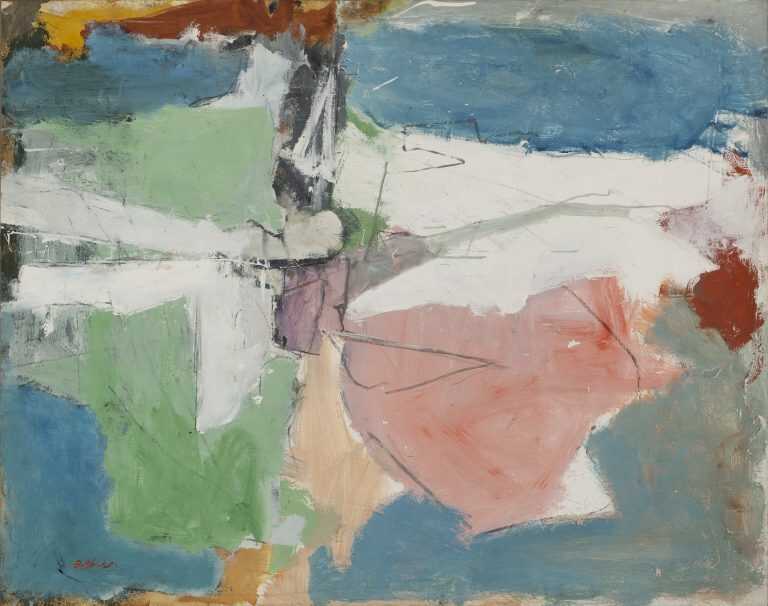
Make It New: Modernist Paintings, 1930-1975
Press Release:
"Make it new"—more than a call to aesthetic innovation, Ezra Pound's modernist dictum carried the weight of an ethical imperative. Emerging as a response to the economic and technological revolutions that had torn asunder old social relations, the modernist sought an art form that could respond in equal measure to the times. Thus, the call to bury old artistic formulas in favor of aesthetic experimentation and innovative techniques was understood as an appeal to more deeply and authentically grapple with the experience of an ever-mutable modernity.
Make it New: Modernist Paintings, 1930 – 1975 presents work by both international and local artists that took up modernism's gauntlet and sought formal experimentation as a primary goal. These artists actively engaged the liminal possibilities of the pictorial medium to expand its expressive potential.
The exhibition encompasses many different artistic movements that fall broadly under the umbrella term 'Modernism.' The roots of Modernism itself trace back to the 19th century when artists began to deviate from the strict confines of realism, but its tenets became boldly prominent in the early half of the following century and carried onwards. Make It New explores the various facets of Modern art, as works pivoted away from the representational toward the surreal and abstract, and subsequently branched forward into a myriad of other correlated genres.
Featuring works by Milton Avery, Herbert Barnett, Jason Berger, Henry Botkin, Ted Davis, Werner Drewes, Ruth Eckstein, Jacob Kainen, Henry Koerner, Lawrence Kupferman, Sally Michel, Raymond Moisset, Robert S. Neuman, and Ben Norris, among others, Make It New pulls from Childs Gallery's extensive inventory, presenting an array of artists who pushed the boundaries of what painting meant and what a painting could be, during several decades of dynamic restructuring for Western society.
The work of Herbert Barnett, for example, draws from the formal innovations pioneered by Picasso and Braque's Cubist experimentations. From these works can be traced an ever-expanding repertoire of techniques that sought to open up the formal limits of painting. Sally Michel took up Matisse's flat, expansive color plains and Lawrence Kupferman, in a radical withdrawal of authorial intent that would foreshadow things to come, experimented with pouring paint directly on to the picture surface in order to allow the pigment to freely find its own path.
Make It New: Modernist Paintings, 1930-1975 is on view at Childs Gallery March 16 through May 13, 2023.

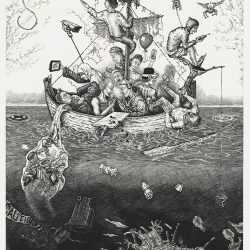
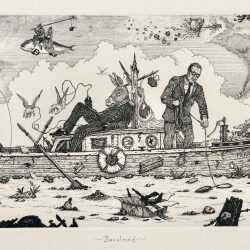
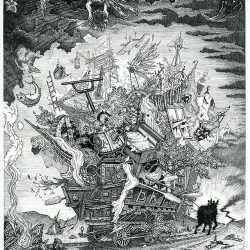
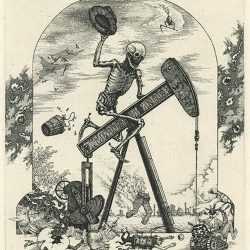
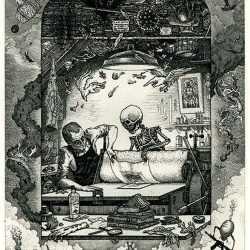
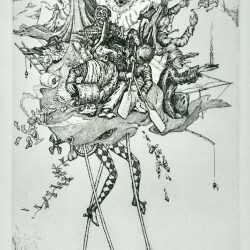
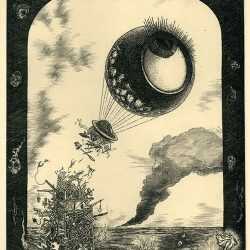
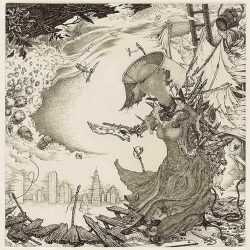
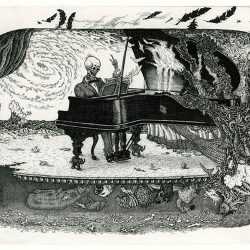
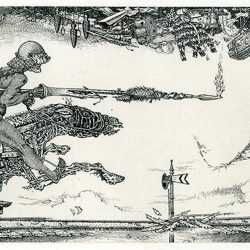
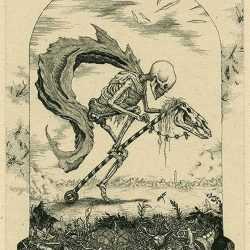
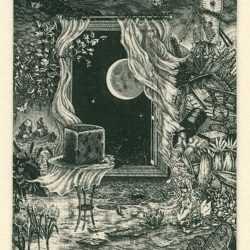
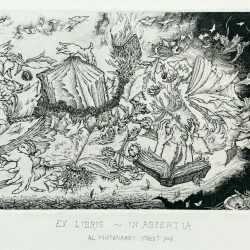
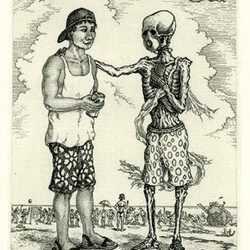
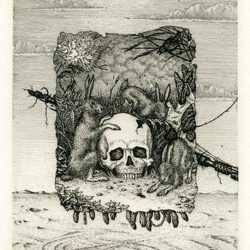
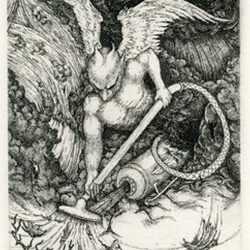
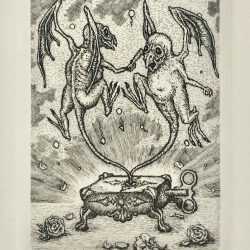
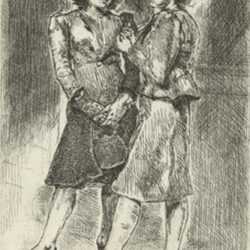
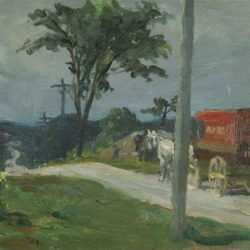
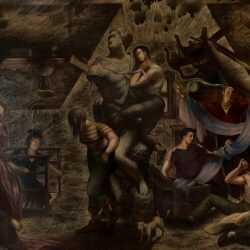
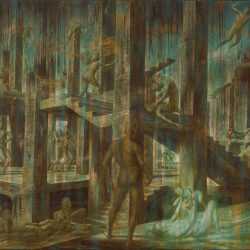
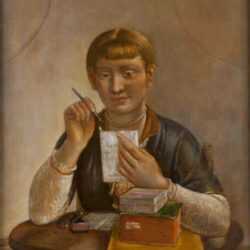
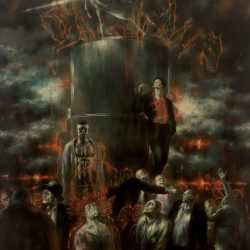
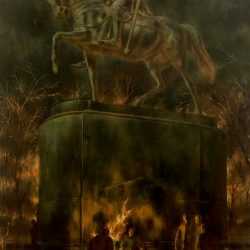
![Watercolor by Reginald Marsh: [Manhattan Skyline], available at Childs Gallery, Boston](https://childsgallery.com/wp-content/uploads/reginald-marsh_manhattan-skyline_childs_gallery-250x250.jpg)
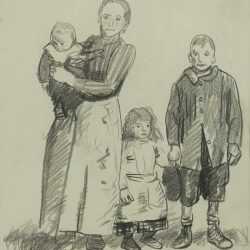
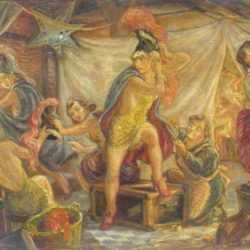
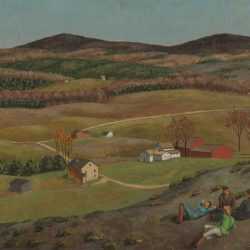
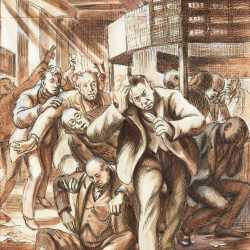

![Painting By Isaac Soyer: [seated Woman In Green] At Childs Gallery](https://childsgallery.com/wp-content/uploads/isaac_soyer_seated_woman_in_green_09-02-007_childs_gallery-250x250.jpg)
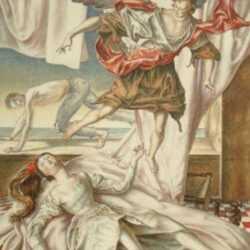
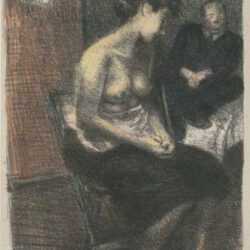
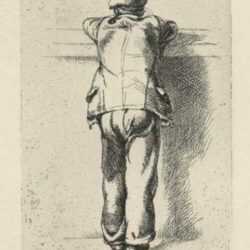
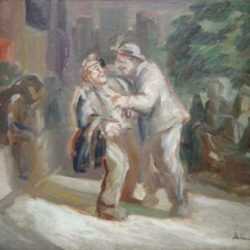
![Drawing by Raphael Soyer: [Two Figures Embracing], represented by Childs Gallery](https://childsgallery.com/wp-content/uploads/raphael_soyer__two_figures_embracing__09-02-126_childs_gallery-250x250.jpg)
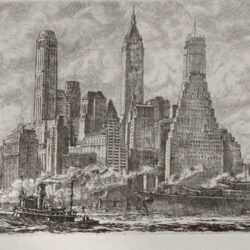
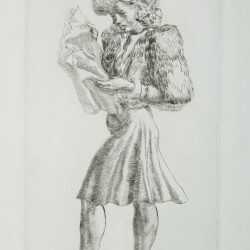
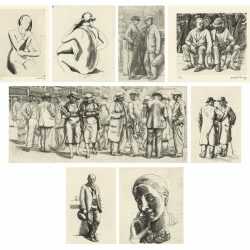
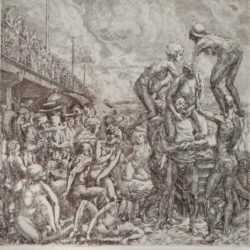
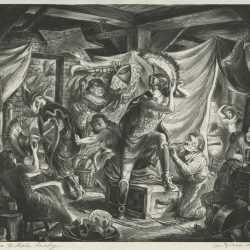
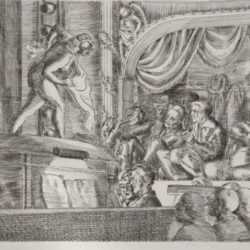
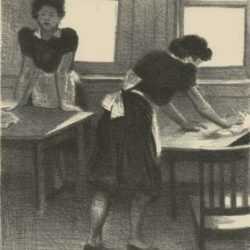
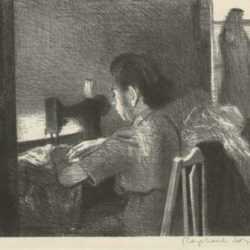
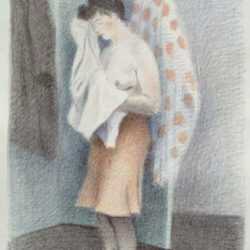
![Drawing by Alexander Brook: [Woman Leaning Over], represented by Childs Gallery](https://childsgallery.com/wp-content/uploads/alexander_brook__woman_leaning_over__cgl27194-128_childs_gallery-250x250.jpg)
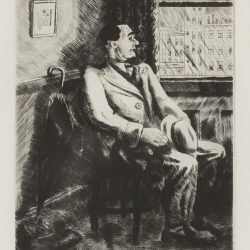
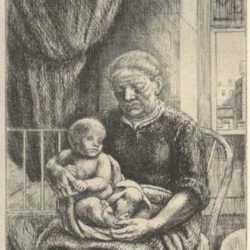
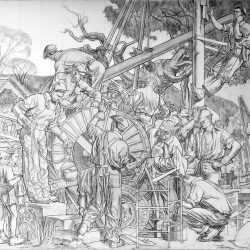
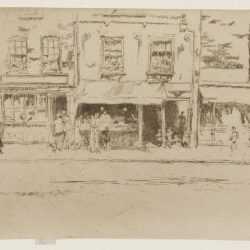
![Drawing by Seymour Fogel: [The Secretary Pool], represented by Childs Gallery](https://childsgallery.com/wp-content/uploads/seymour_fogel__the_secretary_pool__bb1653-32_childs_gallery-1-250x250.jpg)
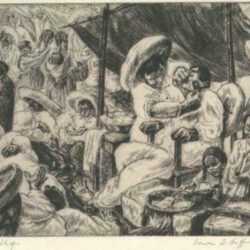
![Drawing by Seymour Fogel: [We Demand Our Jobs], represented by Childs Gallery](https://childsgallery.com/wp-content/uploads/seymour_fogel__we_demand_our_jobs__bb1653-27_childs_gallery-250x250.jpg)
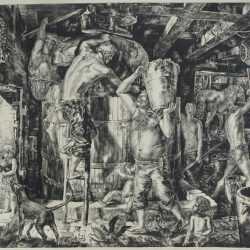
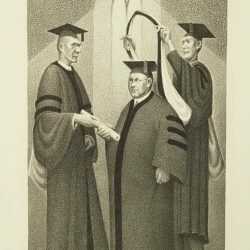
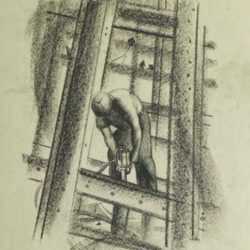
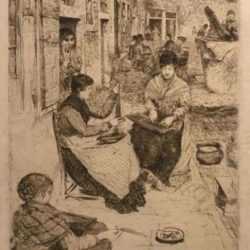
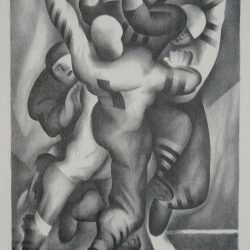
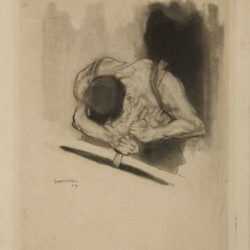
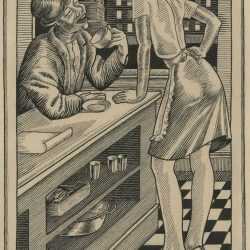
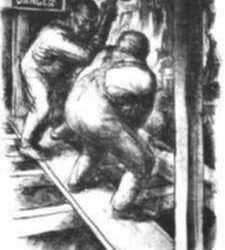
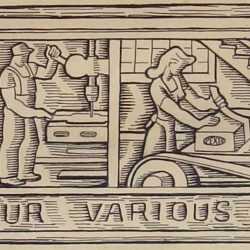
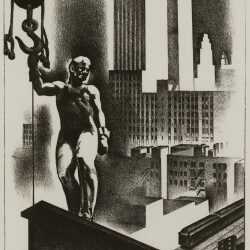
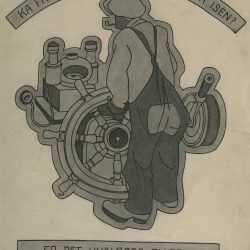
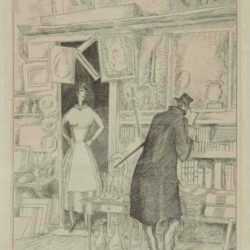
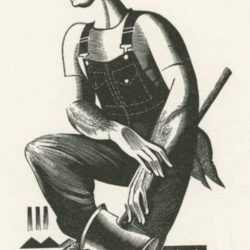
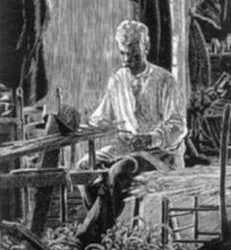
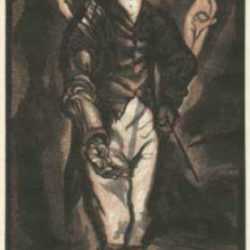
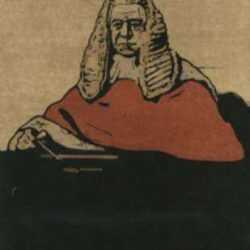
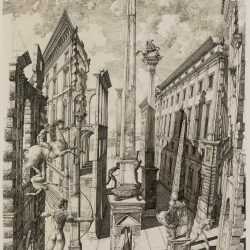

![Watercolor by Anita Willets-Burnham: [The Erechtheion, Acropolis, Athens], represented by Childs Gallery](https://childsgallery.com/wp-content/uploads/anita_willets-burnham__the_erechtheion__acropolis__a_06-04-gr17_childs_gallery-250x250.jpg)
![Watercolor by Edward Laning: Taormina [Sicily, Italy], represented by Childs Gallery](https://childsgallery.com/wp-content/uploads/edward_laning_taormina__sicily__italy__03-09-76_cgl57854_childs_gallery-250x250.jpg)
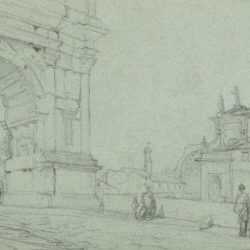
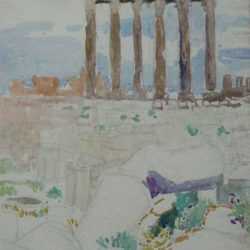
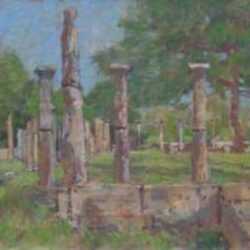
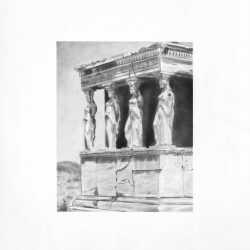
![Print by Joseph Pennell: The Little Fête, Athens [Acropolis in the distance, Greece], represented by Childs Gallery](https://childsgallery.com/wp-content/uploads/joseph_pennell_the_little_f_te__athens__acrop_05-05-11_childs_gallery-250x250.jpg)
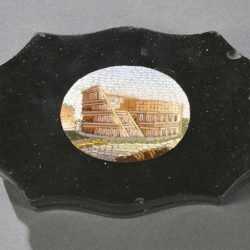
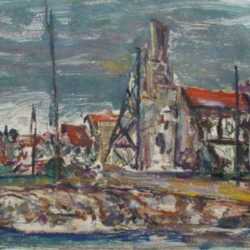
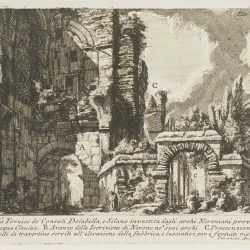
![Print by Joseph Pennell: Aegina, the Black Forest [Temple of Aphaia, Aegina, Greece], represented by Childs Gallery](https://childsgallery.com/wp-content/uploads/joseph_pennell_aegina__the_black_forest__temp_05-05-10r_childs_gallery-1-250x250.jpg)
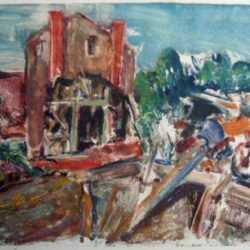
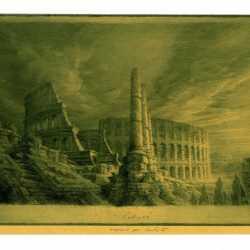
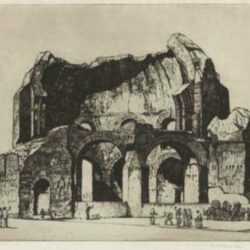
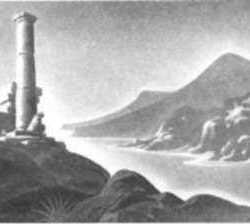
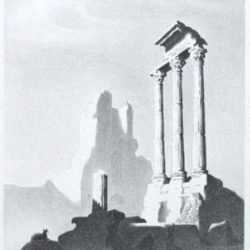
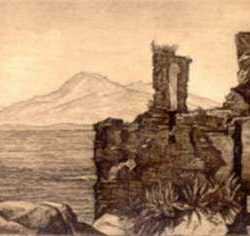
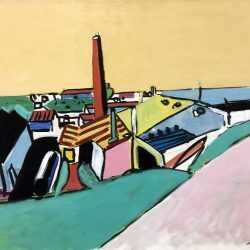
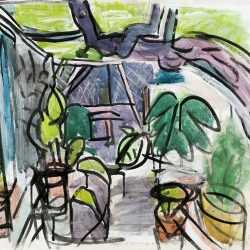
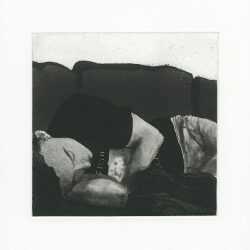
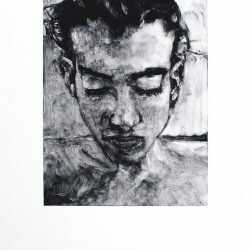
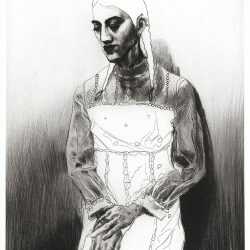
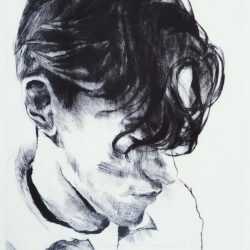
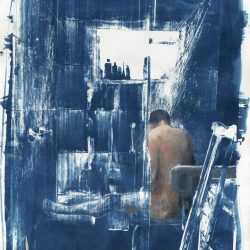
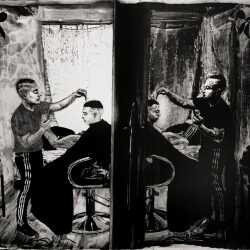
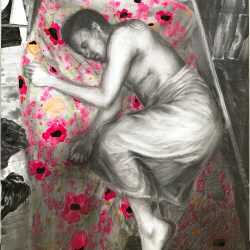
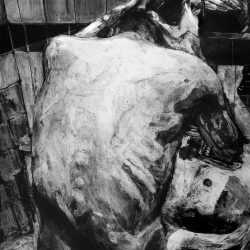
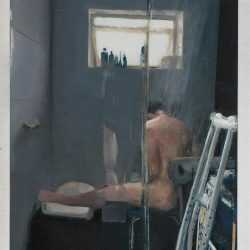
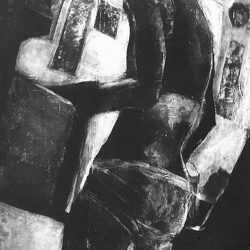
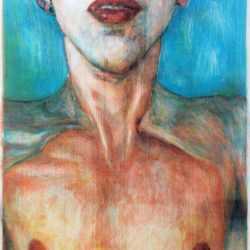
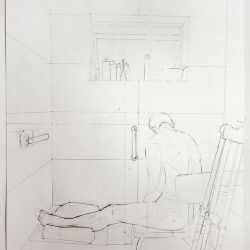
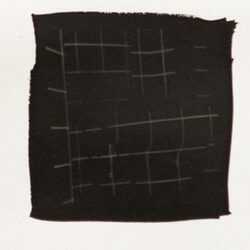
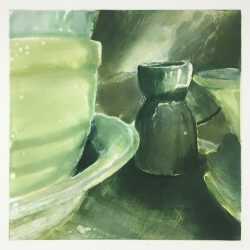
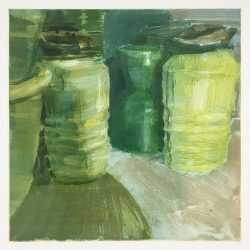
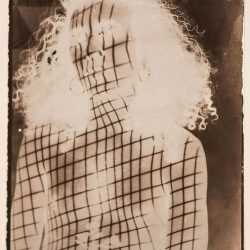
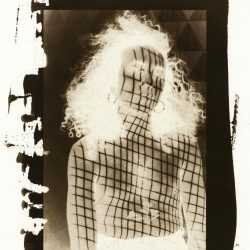
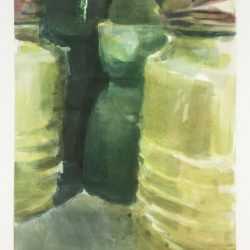
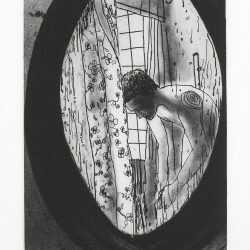
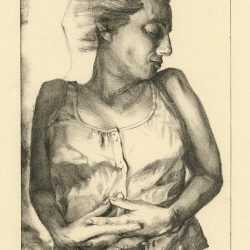
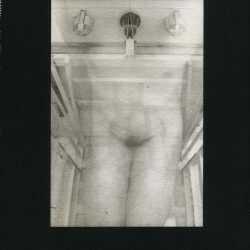
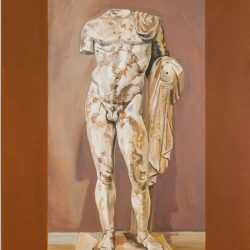
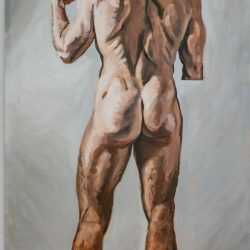
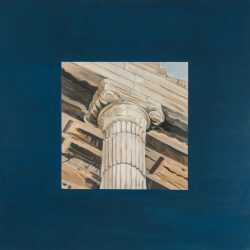
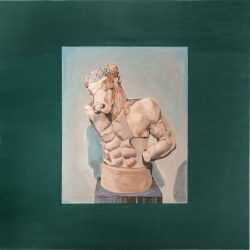
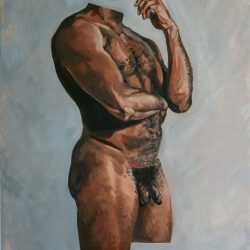
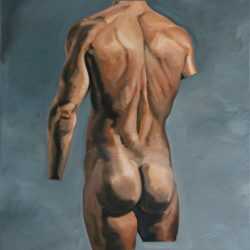
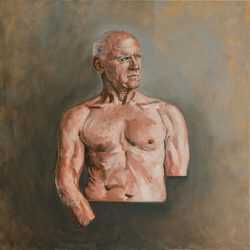
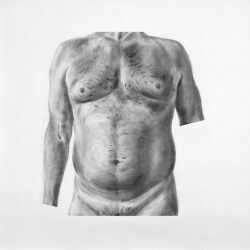
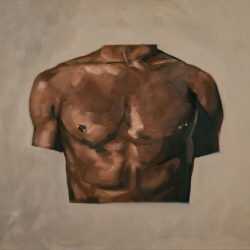
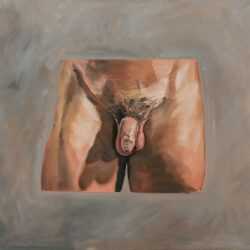
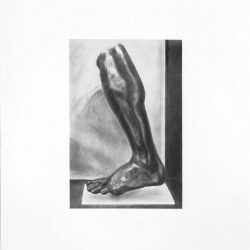
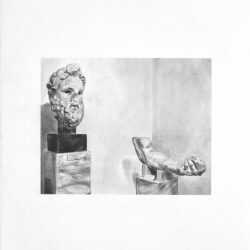
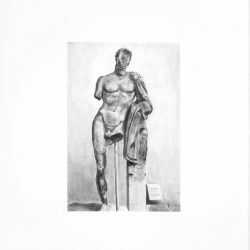
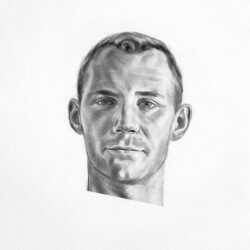
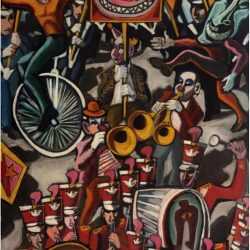
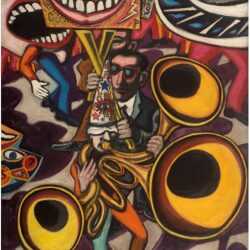
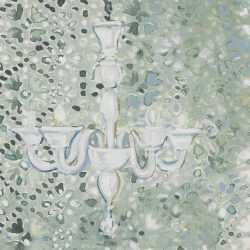
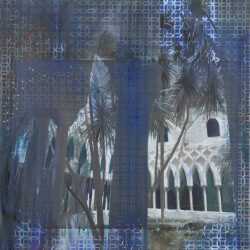
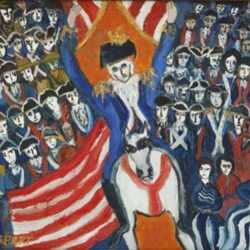
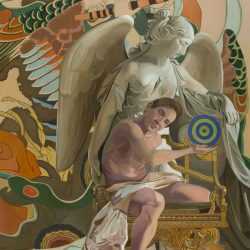
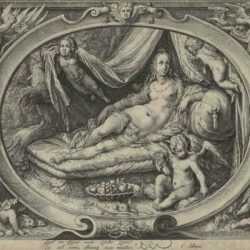
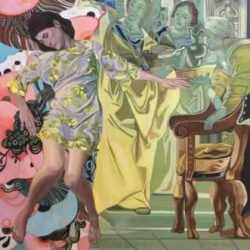
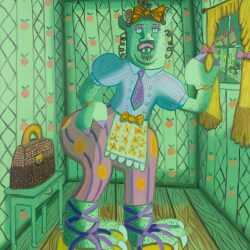
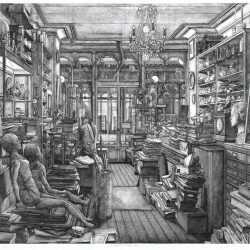
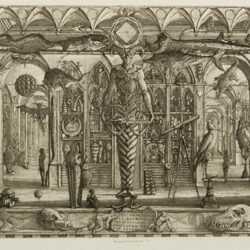
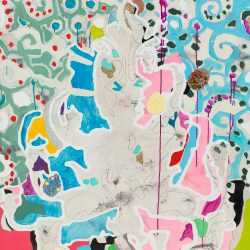
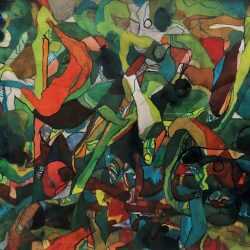
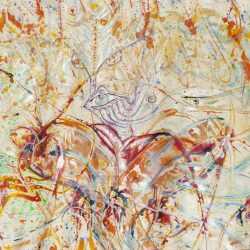
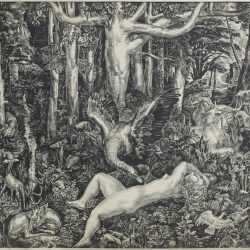
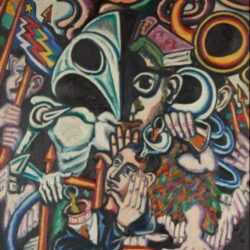
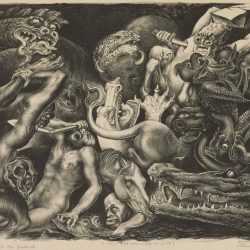
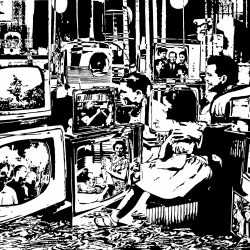
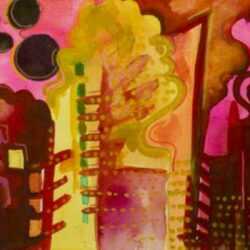
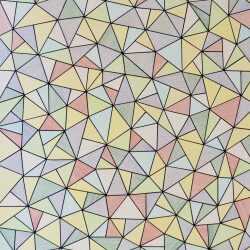
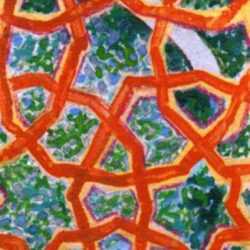
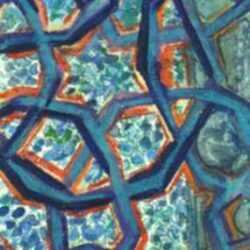
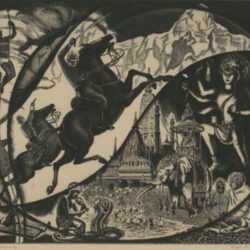
![Print by Leo Meissner: Memories of St. Augustine [Florida], represented by Childs Gallery](https://childsgallery.com/wp-content/uploads/leo_meissner_memories_of_st._augustine__flo_79-36-227-8_childs_gallery-250x250.jpg)
![Photograph by Tony Lanza: [Steve Reeves Flexing], available at Childs Gallery, Boston](https://childsgallery.com/wp-content/uploads/tony-lanza_steve-reeves-flexing_bb7595-01_childs_gallery-250x250.jpg)
![Photograph by Don Whitman (Western Photography Guild): [Unidentified Model Bound as St. Sebastian], available at Childs Gallery, Boston](https://childsgallery.com/wp-content/uploads/don-whitman-western-photography-guild_unidentified-model-bound-as-st.-sebastian_21-24-046_childs_gallery-250x250.jpg)
![Photograph by Bob Mizer: [Larry Farrell, Standing], available at Childs Gallery, Boston](https://childsgallery.com/wp-content/uploads/bob-mizer_larry-farrell-standing_21-24-037_childs_gallery-250x250.jpg)
![Photograph by Al Urban: [Physique, Renaissance Pose], available at Childs Gallery, Boston](https://childsgallery.com/wp-content/uploads/al-urban_physique-renaissance-pose_03-09-100_childs_gallery-250x250.jpg)
![Photograph by Ralph Kelly: [Unidentified Models Sharing a Posing Strap], available at Childs Gallery, Boston](https://childsgallery.com/wp-content/uploads/ralph-kelly_unidentified-models-sharing-a-posing-strap_21-24-071_childs_gallery-250x250.jpg)
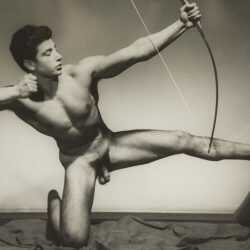
![Photograph by Gregor Arax (Studio Arax of Paris): [Model Kneeling with Arms Outstretched], available at Childs Gallery, Boston](https://childsgallery.com/wp-content/uploads/gregor-arax-studio-arax-of-paris_model-kneeling-with-arms-outstretched_21-24-024_childs_gallery-250x250.jpg)
![Photograph by Alonzo Hanagan (Lon of New York): [Untitled Model from the Rear], available at Childs Gallery, Boston](https://childsgallery.com/wp-content/uploads/alonzo-hanagan-lon-of-new-york_untitled-model-from-the-rear_03-09-140_childs_gallery-250x250.jpg)
![Photograph by Bruce Bellas (Bruce of Los Angeles): [Unidentified Model with Disc], available at Childs Gallery, Boston](https://childsgallery.com/wp-content/uploads/bruce-bellas-bruce-of-los-angeles_unidentified-model-with-disc_21-24-005_childs_gallery-250x250.jpg)
![Photograph by Avery Willard: [Unidentified Models with Rope], available at Childs Gallery, Boston](https://childsgallery.com/wp-content/uploads/avery-willard_unidentified-models-with-rope_21-24-008_childs_gallery-250x250.jpg)
![Photograph by Al Urban: [Kenneth Pendleton Flexing], available at Childs Gallery, Boston](https://childsgallery.com/wp-content/uploads/al-urban_kenneth-pendleton-flexing_21-24-070_childs_gallery-250x250.jpg)
![Photograph by Chuck Renslow (Kris Studios): [Unidentified Model with Drapery], available at Childs Gallery, Boston](https://childsgallery.com/wp-content/uploads/chuck-renslow-kris-studios_unidentified-model-with-drapery_21-24-020_childs_gallery-250x250.jpg)
![Photograph by Tom Nicholl (Scott of London): [Unidentified Model as a Sailor], available at Childs Gallery, Boston](https://childsgallery.com/wp-content/uploads/tom-nicholl-scott-of-london_unidentified-model-as-a-sailor_21-24-023_childs_gallery-250x250.jpg)
![Photograph by Alonzo Hanagan (Lon of New York): [Tommy Hume, Tattooed Sailor], available at Childs Gallery, Boston](https://childsgallery.com/wp-content/uploads/alonzo-hanagan-lon-of-new-york_tommy-hume-tattooed-sailor_21-24-047_childs_gallery-250x250.jpg)
![Photograph by Bruce Bellas (Bruce of Los Angeles): [Paul Strand as a Cowboy], available at Childs Gallery, Boston](https://childsgallery.com/wp-content/uploads/bruce-bellas-bruce-of-los-angeles_paul-strand-as-a-cowboy_21-24-072_childs_gallery-250x250.jpg)
![Photograph by Frederick Kovert (Kovert of Hollywood): [Man flexing], available at Childs Gallery, Boston](https://childsgallery.com/wp-content/uploads/frederick-kovert-kovert-of-hollywood_man-flexing_21-24-014_childs_gallery-250x250.jpg)
![Photograph by Don Whitman (Western Photography Guild): [Unidentified Model Posing as Adam], available at Childs Gallery, Boston](https://childsgallery.com/wp-content/uploads/don-whitman-western-photography-guild_unidentified-model-posing-as-adam_21-24-031_childs_gallery-250x250.jpg)
![Photograph by Bob Mizer: [Andrew Kozak and Dick Dubois as Artist and Model], available at Childs Gallery, Boston](https://childsgallery.com/wp-content/uploads/bob-mizer_andrew-kozak-and-dick-dubois-as-artist-and-model_21-24-016_childs_gallery-250x250.jpg)
![Photograph by Bob Mizer: [Henry Wright, Kneeling], available at Childs Gallery, Boston](https://childsgallery.com/wp-content/uploads/bob-mizer_henry-wright-kneeling_21-24-010_childs_gallery-250x250.jpg)
![Photograph by Bob Mizer: [Unidentified Model Posing with a Bow and Arrow], available at Childs Gallery, Boston](https://childsgallery.com/wp-content/uploads/bob-mizer_unidentified-model-posing-with-a-bow-and-arrow_21-24-043_childs_gallery-250x250.jpg)
![Photograph by Bob Mizer: [Unidentified Model as a Gladiator with a Sword], available at Childs Gallery, Boston](https://childsgallery.com/wp-content/uploads/bob-mizer_unidentified-model-as-a-gladiator-with-a-sword_21-24-044_childs_gallery-250x250.jpg)
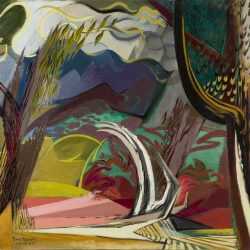
![Painting by Werner Drewes: [French] Hilltown, represented by Childs Gallery](https://childsgallery.com/wp-content/uploads/werner_drewes__french__hilltown_92-37-61_childs_gallery-250x250.jpg)
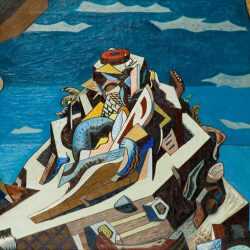
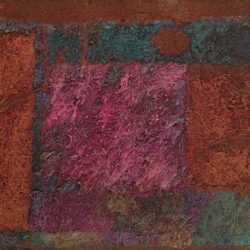
![Painting By Ruth Eckstein: [still Life With Green Apples] At Childs Gallery](https://childsgallery.com/wp-content/uploads/ruth_eckstein_still_life_with_green_apples_16-16-28_childs_gallery-250x250.jpg)
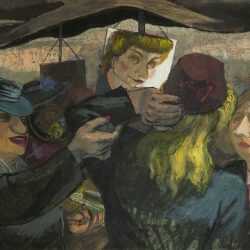
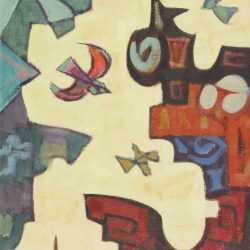
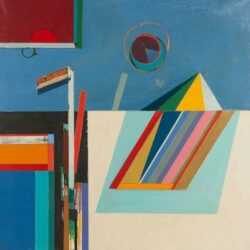
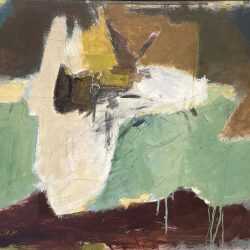
![Painting By Henry Botkin: [untitled] At Childs Gallery](https://childsgallery.com/wp-content/uploads/henry_botkin_untitled_cgl39310-1122r_childs_gallery-250x250.jpg)
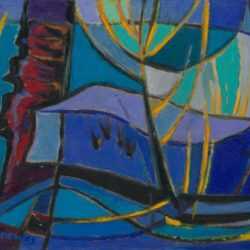
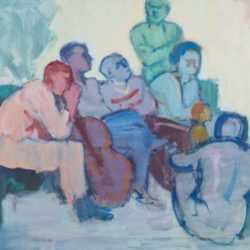
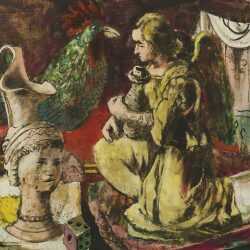
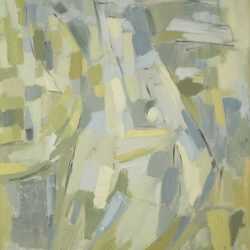
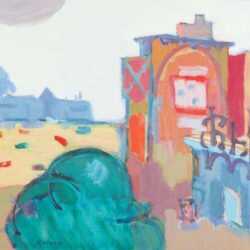
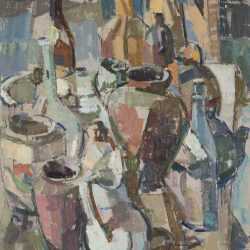
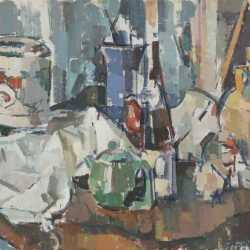
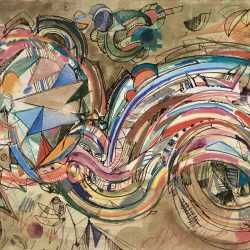
![Painting by Ruth Eckstein: [Blue Still Life with Pears], available at Childs Gallery, Boston](https://childsgallery.com/wp-content/uploads/ruth-eckstein_blue-still-life-with-pears_16-16-29_childs_gallery-250x250.jpg)
